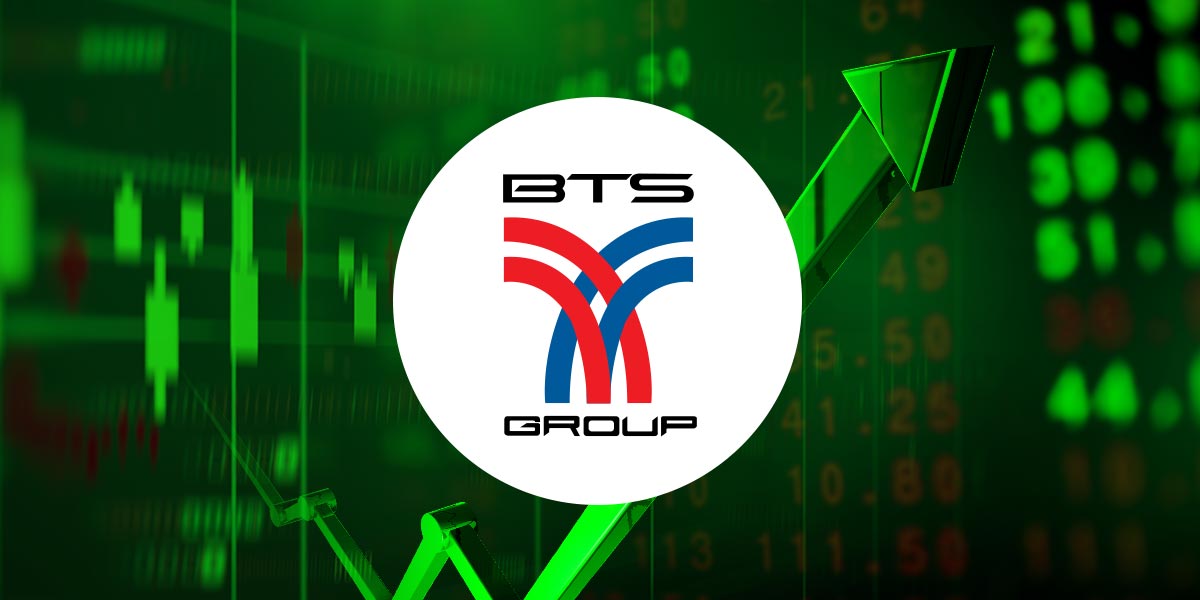The share price of BTS Group Holdings Public Company Limited (SET: BTS) during the opening session on Thursday was at THB 4.80, a THB 0.26 or 5.73% increase with a total trading value of THB 32.16 million.
Deputy Prime Minister and Minister of Transport, Suriya Jungrungreangkit, announced that the one-rate, 20-baht fare policy for all skytrain lines is expected to begin on September 30, 2025.
Commuters will need to register via a government mobile application to avail of the flat rate across different lines, initially requiring the use of two cards: Rabbit card, MRT Plus card, and EMV card. Without registration, the government cannot track rides across lines.
By late 2026, passengers may start using their phones for fare scanning, eliminating the need for physical cards.
Private operators in charge of train services, Bangkok Expressway and Metro Public Company Limited (SET: BEM) and Bangkok Mass Transit System Public Company Limited (BTSC) under BTS Group, will receive subsidies to cover fare differences through the Joint Ticketing System Promotion Fund.
This fund will be sourced from the Mass Rapid Transit Authority of Thailand (MRTA)’s revenue share from the Blue Line, currently estimated at THB 16 billion.
Preliminary estimates suggest that the government will need to subsidize around THB 8 billion annually for all eight skytrain lines, with MRTA funds sufficient for about two years. This subsidy anticipation already includes expected passenger growth rates.
Concurrently, the government will expedite negotiations to repurchase skytrain projects within two years to ensure the 20-baht flat fare policy’s continuity.
Initially, the 20-baht flat fare will be available to Thai citizens only, requiring national ID registration via the government app, expected to launch registration in August.
The registration process is designed to be simple, capitalizing on the population’s existing familiarity with government apps. Foreign tourists in Thailand will continue to pay standard fares.
From these initiatives, Pichet Kunathamarak, Director-General of the Department of Rail Transport, noted that over the first year of implementing fixed rates on the Red and Purple lines, passenger numbers rose by about 37%, suggesting similar growth in other lines.
Revenue distribution for each line will be settled daily, with fare difference compensations dispersed within two to three days, followed by Krung Thai Bank’s clearance verification process. The current policy will run for about two years, after which it depends on the succeeding government’s agenda.
Surapong Laoha-Unya, Executive Director of the MOVE business division and Chief Executive Officer of BTSC under BTS Group Holdings, indicated an expected 30% rise in BTS passenger numbers under the 20-baht flat fare policy. Negotiations continue on the increased benefit share from regular revenue between BTS and the government, yet remain unresolved.
Currently, the Green Line’s concession revenue is about THB 19 million daily, with the Pink Line generating approximately THB 1.5 million per day and the Yellow Line around THB 2 million per day.




